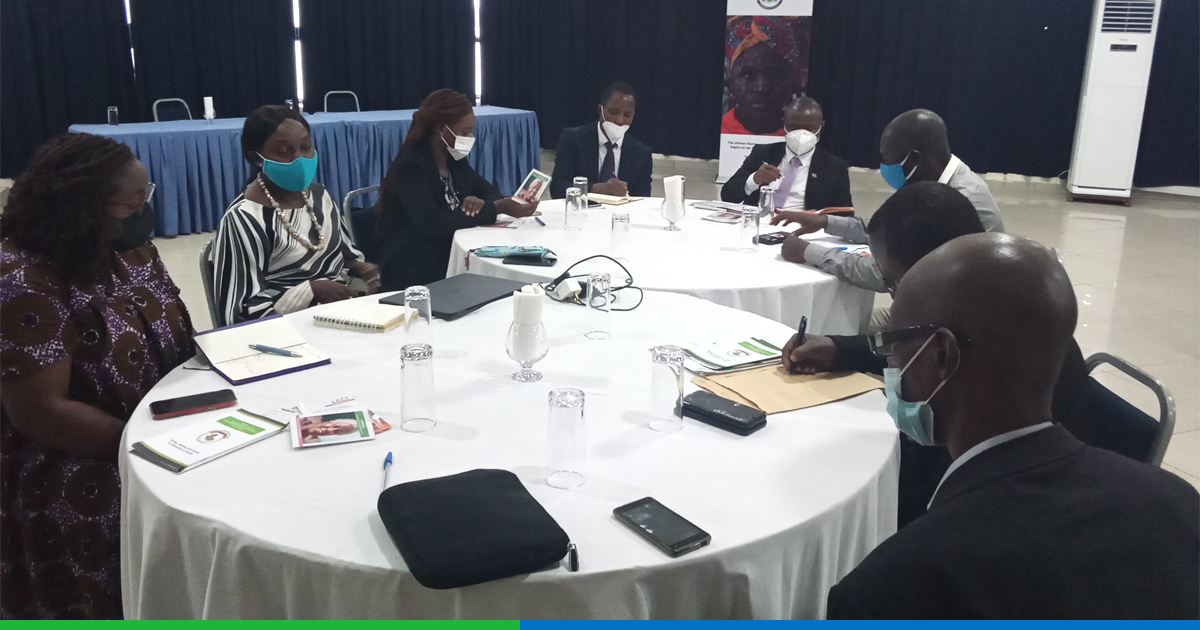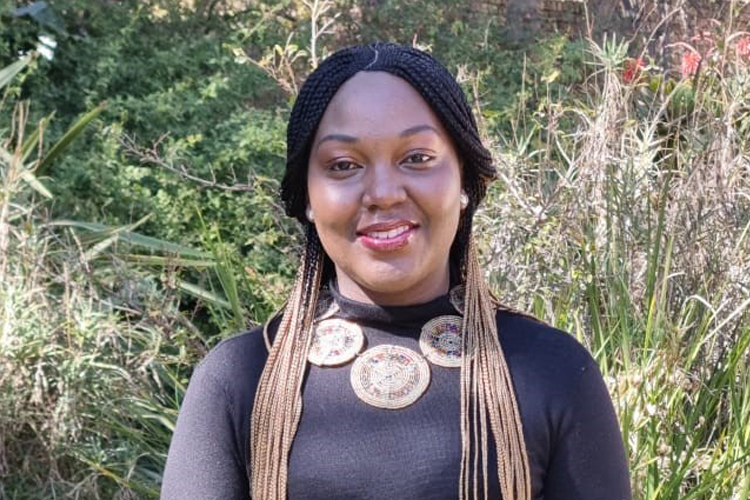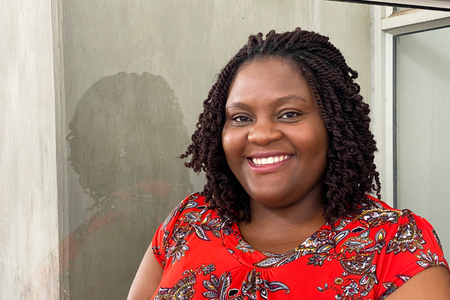Adopted on 30 January 2016, the Protocol to the African Charter on Human and Peoples’ Rights on the Rights of Older Persons (Older Persons Protocol) has two of the 15 ratifications needed to bring it into force. Sierra Leone signed the Older Persons Protocol on 14 July 2016 but is yet to ratify it. The Centre for Human Rights, University of Pretoria, had a meeting to strategise on the ratification process in Sierra Leone and to reflect on how it can partner with and support stakeholders in the country to develop a plan towards the speedy ratification of the Older Persons Protocol.
On 23 August 2021, the Centre met with a selected group of state representatives to discuss the ratification of the Older Persons Protocol. Participants were invited as representatives of state agencies that would have a role in the ratification process of the Older Persons Protocol in Sierra Leone. The meeting was convened as part of the Centre’s #AgewithRights campaign for the ratification of the Older Persons Protocol. It was primarily aimed at considering the most efficient forms of collaborative interventions that would facilitate ratification by Sierra Leone.
The Centre was represented by Ms Matilda Lasseko-Phooko, Ms Susan Mutambasere and Ms Lydia Chibwe from the Women’s Rights Unit. Representatives from state agencies that directly deal with the welfare and protection of older persons rights and those that would be drivers in the treaty ratification process included: Mr Aubrosse Massaquin, from the Ministry of Gender and Children’s Affairs; Mr Abdul Rahman Bansuna, from the Ministry of Gender and Children’s Affairs; Mr Francis Kabia, from the Ministry of Social Welfare; Mr Musa John Conte, of the Ministry of Social Welfare; Mr Philip Scotland Ms Saliamatu Bah, of the Ministry of Foreign Affairs and International Cooperation (MFAIC); and Mr Allien Vand, from the State Law Office.
The meeting considered the need for and the benefits of Sierra Leone’s ratification of the Older Persons Protocol as an instrument for the protection of the rights of older persons in the country. While the need for its ratification was noted by the state representatives present, they also emphasised the need for the process to be driven by the people of Sierra Leone.
Older persons in Sierra Leone
The 2015 Sierra Leone Population and Housing Census report on the older persons population recorded a household population of 7 076 119 and an institutional population of 15 994. Of this population, 246 284, representing 3.5% of the total population who are above 60 years, are classified as older persons. The size of the older persons population from 1985 to 2004 was low. This is due to the 11-year civil war in the 1990s. However, from 2004 to 2015, the older persons population increased from 125 038 in 2004 to 246 284 in 2015. This represents an increase of 121 491 older persons, a 97.2% increase in this population over the 11-year period. This population is projected to further increase to 265 471 in 2025 and 632 300 in 2050, representing 3% and 4.4% of the total population.
The years of civil war in Sierra Leone (1991-2021) did not only destroy lives, but also the traditional social structure and the family setup that had historically been of much significance in taking care of older persons. As a result, many older people in the country do not have family members left to take care of them while they are unable to work and have no regular income or means of support. Due to this peculiarity in the Sierra Leone situation, there is a need for the government to step in and protect the rights of older persons.
The Ministry of Social Welfare has in the years developed and implemented several measures aimed at addressing the situation of older persons. It was noted during the discussions that state interventions were guided by the National Aging Policy adopted in June 2017. The Policy targets persons aged 60 years and above and lays special emphasis on the most vulnerable ones such as those who have no family support, are homeless and are widows or widowers. The government is providing business opportunities for the older persons to do away with street begging, which is a common practise amongst older persons. Advocacy meetings with the community are also being undertaken to highlight challenges that are faced by older persons and how they can be addressed. However, more interventions are required. The representatives present indicated the need for the ratification of the Older Persons Protocol to bolster their efforts.

The Older Persons Protocol
The Older Persons Protocol is instrumental in upholding the rights of older persons who are continuously subjected to discrimination, ill-treatment and violence. The Older Persons Protocol was adopted to strengthen regional safeguards for older persons to enjoy their maximum rights and freedoms on an equitable footing with other demographic classes. So far, 14 countries have signed the Older Persons Protocol (Benin, Central African Republic, Chad, Comoros, Gabon, Ghana, Guinea, Lesotho, Mali, Mozambique, Rwanda, Sierra Leone, Togo, and Zambia). As of April 2021, only two countries had ratified it: Benin and Lesotho. For the Older Persons Protocol to be legally binding on AU member states that have ratified it, fifteen ratifications are required.
Ratifying the Older Persons Protocol is essential to reinforcing legal safeguards for the rights of older persons. It ensures that laws prohibit discrimination based on age, establish rights-based community support, improve the accessibility of the physical environment, guarantee access to justice, and promote participation in decision-making.
The meeting culminated in an agreement by state representatives to consult with relevant stakeholders and develop a plan to make the ratification of the Older Persons Protocol in Sierra Leone a reality.
For more information on the #AgewithRights campaign visit: www.chr.up.ac.za/agewithrights
For more information please contact:

Tel +27 (0) 12 420 4306
Fax +27 (0)86 580 5743

Tel: +27 (0) 12 420 4196
Fax: +27 (0) 12 362 5125

